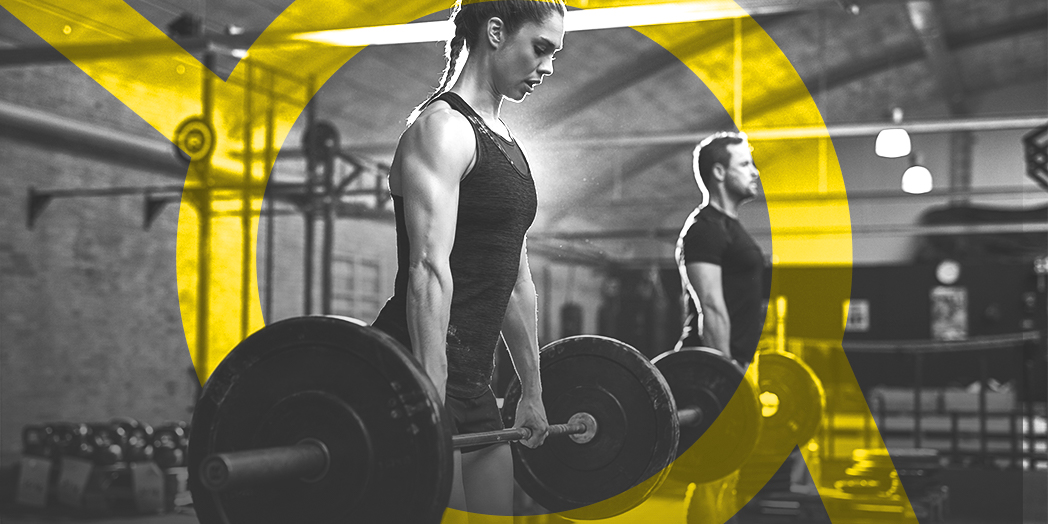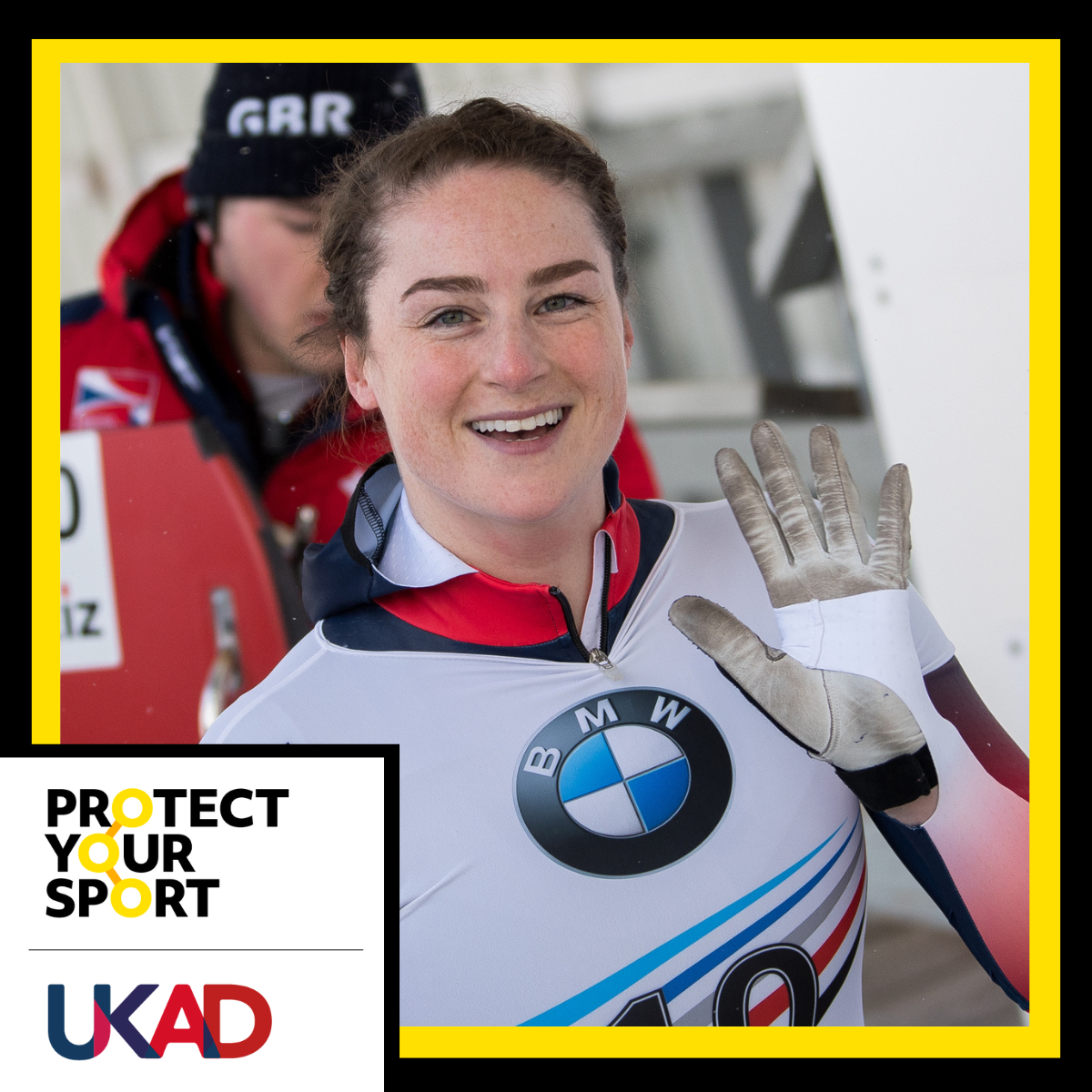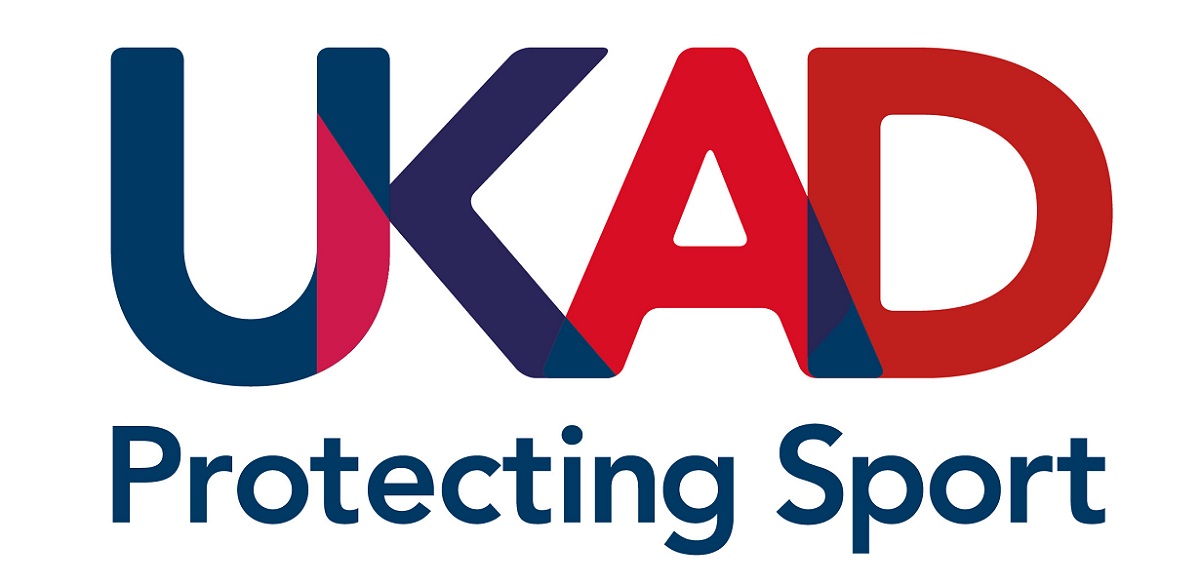GB Sevens star: Women's rugby winning battle against doping - but 'always more to be done'
Rugby Union Player and UKAD Athlete Commission Member, Shona Campbell believes women’s rugby is winning the battle against doping – but insists there is always more to do to keep the sport clean.

Last year, UK Anti-Doping (UKAD) received 211 reports of doping from the sporting community through their Protect Your Sport (PYS) initiative.
However, Campbell, who returned to the 15-a-side game in the summer following her time with GB Rugby Sevens, is confident doping issues are an exception, as opposed to the rule, in the sport that has grown exponentially in the last few years.
“Doping is something that's spoken about really openly I’ve found. The athletes I’ve spoken to and surrounded myself with are all very aligned, it’s not something we want in our sport.” explained the Dundee native and former Scotland international.
“It’s not something that’s plaguing women’s rugby right now, but there is always more we can be doing to prevent it seeping into our game.”
Doping impacts the whole team. In a close-knit team, a player who suspects their own teammate of doping has to weigh up whether to report them and fear their betrayal.
But Campbell, who is a member of the UKAD Athlete Commission, is steadfast in her belief that the burden lies with those prepared to break the rules.
She continued: “If you’ve ever been in elite sport, you probably hold values like integrity, honesty, or trust. And if someone is doping, they’re violating one of those.
“Reporting them isn’t betraying them, because they’ve already betrayed the values of the group.
“You also have to think of the bigger picture and impact it would have on every other teammate. If that person is caught, it could taint the future of the whole squad and discredit everything you've achieved.”
There are five ways an athlete can contact UKAD regarding a doping issue through the PYS mechanism: Via WhatsApp, SMS, an online form, an email or through phoning the hotline.
The information reported to UKAD is handled strictly confidentially, being stored in a secure database and Campbell wants to raise awareness about just how straightforward the process is.
“In terms of reporting, I think a lot of athletes just don’t know how easy it is,” said Campbell, who is currently studying a master's degree in performance psychology at Bangor University as well as playing professional rugby.
“Athletes wonder, ‘Where do I go? How do I do it? Is it truly anonymous?’ If we can raise awareness of how easy and truly anonymous it is, more athletes would feel comfortable stepping forward.
“It’s more straightforward than people think and if you use the WhatsApp or SMS options UKAD can’t see your name or number during the correspondence.”
Women’s rugby is currently enjoying a huge rise in popularity after this summer’s Women’s Rugby World Cup 2025, in which over 400,000 tickets were sold and a sold-out final between England and Canada highlighted it.
Such media attention undoubtedly brings pressure to players but Campbell expressed just how important it is that dressing rooms are safe and open spaces for people to talk about any issues they have.
“It’s everything,” she added.
“Elite sport brings challenges you don’t get in everyday life. If you’re surrounded by people who support you, and if the environment, from management down, is open, then I don’t think it gets to that point [where people consider doping]. You can talk about your challenges and find ways to move forward as a group.
“We can never settle. There’s always more to do. As the sport grows, pressures will increase, so we’ll need to keep up the education and standards. But right now, we’re in a good place, and that’s something to celebrate.”
Clean athletes have the most to lose when doping goes unreported. By speaking up and using UKAD’s Protect Your Sport service, athletes protect their own achievements and ensure fair competition for everyone.



